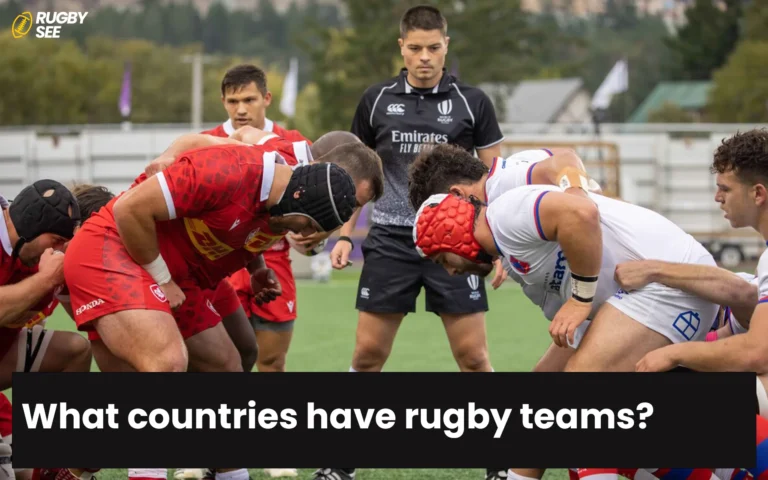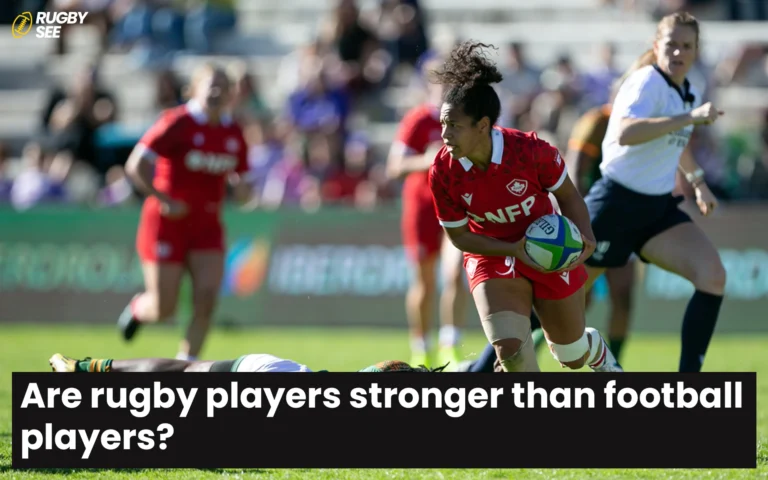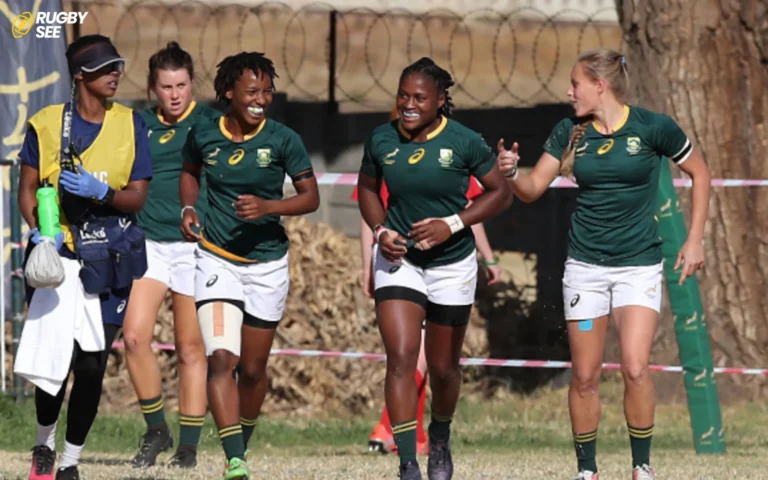A sport known for its physical intensity and strategic depth, rugby captivates fans around the world with its unique blend of teamwork, skill and endurance. As with most team sports, a common question arises: can rugby ever end in a draw? The answer is not simple and depends on the conditions of the competition. In this article from Rugbysee, we look at different rugby scenarios where a draw is possible and how different formats of rugby represent equal scores.
The Basics of Rugby
Before delving into the specifics of ties in rugby, it’s essential to understand the basics of the game. Rugby is played in two main formats: rugby union and rugby league, with each having its own set of rules and gameplay styles. Points in rugby can be scored in several ways, including tries, conversions, penalty kicks, and drop goals. The team with the most points at the end of the match wins.
Regular Season Matches and Ties
In the regular season matches of both rugby union and rugby league, games can indeed end in a tie. If the score is level when the final whistle blows, the match is declared a draw. These ties are more common in the regular season, where the primary goal is to accumulate points over the season to qualify for the playoffs or avoid relegation.
Playoff Matches and Final Resolution
The approach to tied scores changes dramatically in playoff matches or finals, where a winner must be determined to advance in the competition or claim the championship title. To address this, rugby employs several methods to break ties and find a winner.

Extra Time
The most straightforward method is extra time, where additional minutes are played to give teams another chance to outscore their opponents. The specifics of extra time, such as its duration and whether it’s played in full or as “sudden death,” vary between different competitions and levels of play.
Golden Point or Sudden Death
Some rugby competitions use a golden point (or sudden death) rule during extra time, where the first team to score any points during extra time wins the match. This method adds intense pressure and excitement, as both teams vie for the crucial, match-winning score and if you want to know about wearing Cleats in Rugby read do rugby players wear cleats.
Kicking Competitions
In rare instances, if the match remains tied after extra time and no golden point is scored, some tournaments may resort to a kicking competition to determine the winner. Similar to a penalty shootout in soccer, players from each team take turns attempting to kick goals from various positions on the field.
The Role of Draws in Rugby Culture
Despite the mechanisms in place to determine a winner in knockout stages, ties in regular-season rugby matches are part of the sport’s fabric. Draws are viewed as a fair outcome in closely contested matches, reflecting the evenly matched performance of both teams. They highlight the competitive balance within rugby leagues and are treated with respect by players and fans alike.
Exploring the Impact of Ties in Rugby Rankings and Team Strategy
Ties in rugby, particularly during the regular season, carry significant implications for team standings and overall strategy. In league competitions, teams are awarded points for wins, draws, and sometimes even for narrow losses. A tie, while not as beneficial as a win, still contributes valuable points towards a team’s league position. This system encourages teams to compete fiercely until the final whistle, knowing that securing a draw is preferable to a loss.
The strategic impact of ties extends to team tactics during closely contested matches. Coaches and players must weigh the risks and rewards of pursuing a winning score against the safety of securing a draw. In situations where a team is facing a stronger opponent or battling injuries, playing strategically for a draw might be considered a success.

Fan Perception and Ties
The reaction to ties in rugby can vary among fans. Some view draws as anti-climactic, especially in high-stakes matches where a definitive outcome is desired. However, many rugby purists appreciate the rarity and fairness of draws, recognizing them as a testament to a well-fought contest between evenly matched teams. This acceptance is rooted in rugby’s culture, which values hard-fought competition and sportsmanship.
Rugby’s Unique Approach to Ties Compared to Other Sports
Rugby’s treatment of ties distinguishes it from many other team sports. For example, in professional soccer, ties are a common and accepted outcome of matches. In contrast, American football has implemented overtime rules to minimize the occurrence of ties, reflecting a cultural preference for definitive outcomes in sports contests in the United States and if you want to know about Scrums in rugby League read Are There Scrums in Rugby League.
Rugby’s balance between allowing ties in the regular season and employing tie-breaking methods in playoffs showcases the sport’s flexibility and commitment to fair play. This approach ensures that while every effort is made to crown a clear winner in crucial matches, the integrity and spirit of the game are preserved through the acceptance of draws when they naturally occur.
The Evolution of Tie-Breaking Methods in Rugby
Over the years, rugby’s governing bodies have experimented with different tie-breaking methods to refine the process of determining winners in tied matches. These adjustments reflect the sport’s ongoing efforts to enhance fairness, excitement, and fan engagement. Innovations like the golden point rule and variations in extra time formats demonstrate rugby’s willingness to evolve while maintaining its core values.

Can rugby end in a tie? Yes, it can during regular season matches, reflecting the sport’s acknowledgment of evenly matched contests. However, in playoff scenarios or finals, rugby adopts various methods to ensure a winner is determined, maintaining the competition’s integrity and excitement. Whether through extra time, golden points, or kicking competitions, rugby’s approach to tied scores underscores its commitment to sportsmanship and competitive fairness.
Understanding these nuances enhances the appreciation of rugby as a sport that honors both the spirit of competition and the acknowledgment of equally matched efforts. Whether you’re a seasoned fan or new to the game, the possibility of a tie adds another layer of excitement and strategy to this already thrilling sport.










